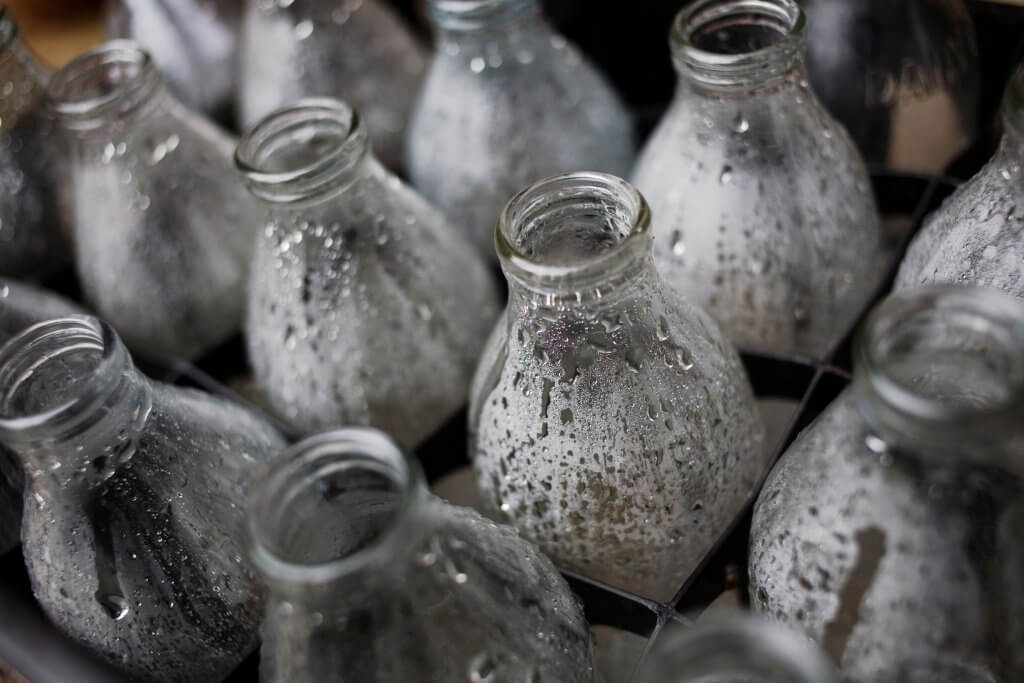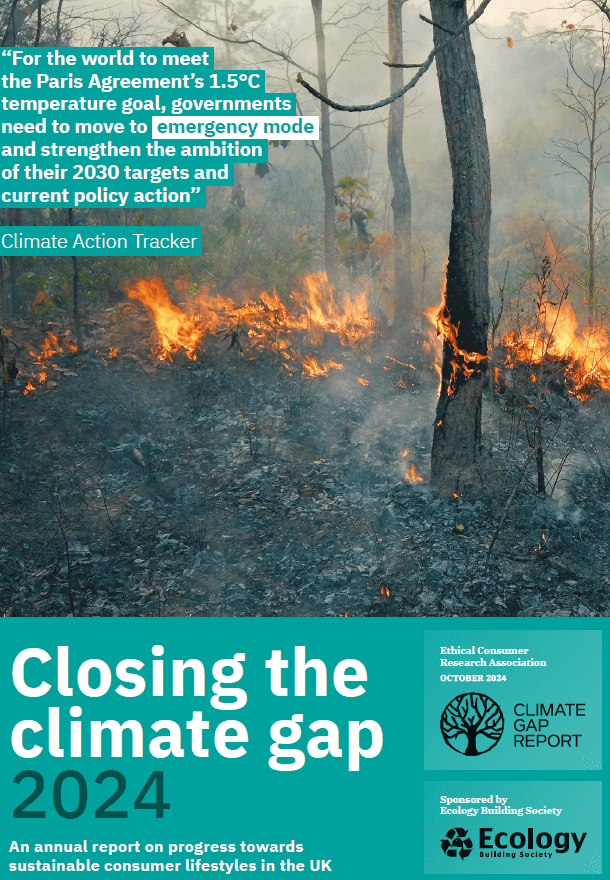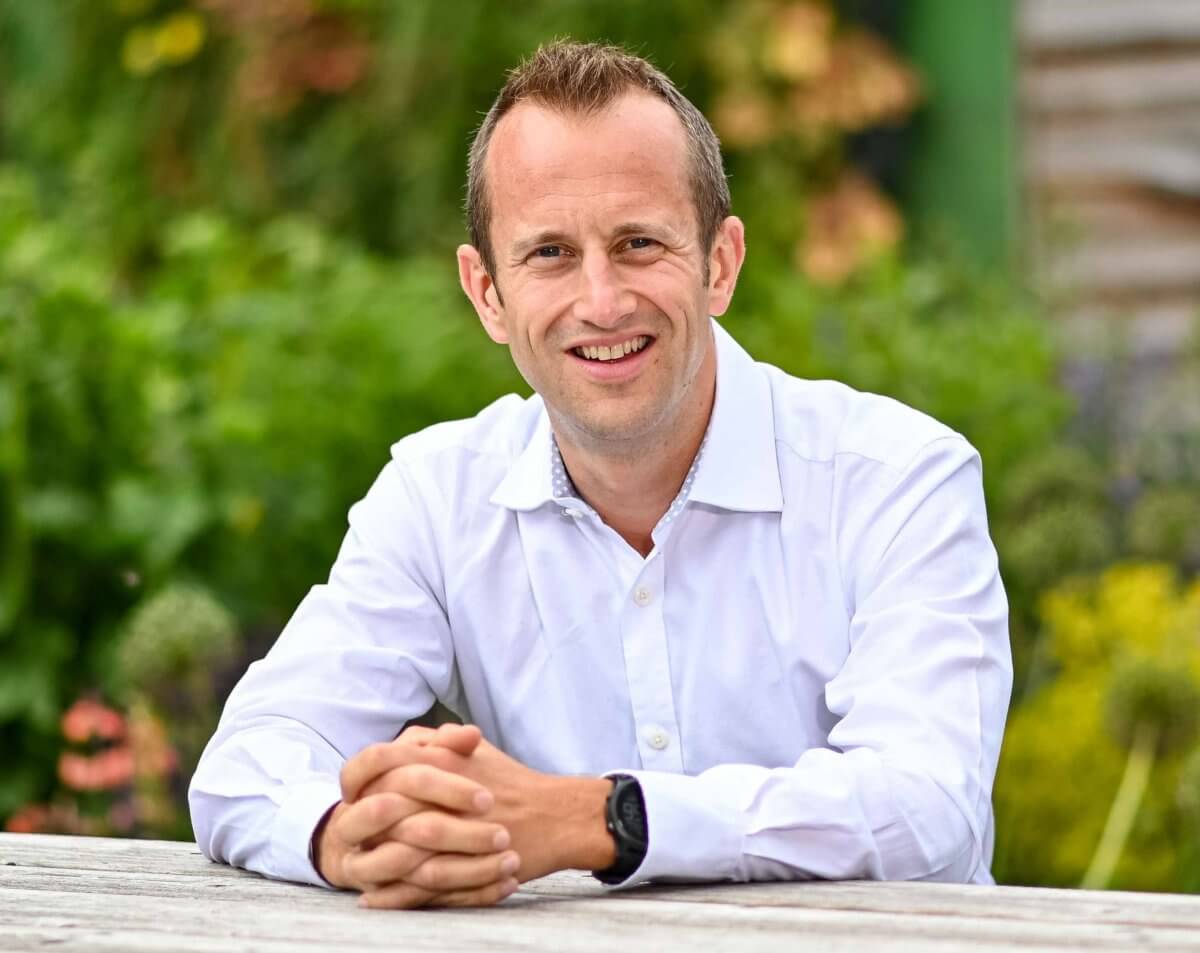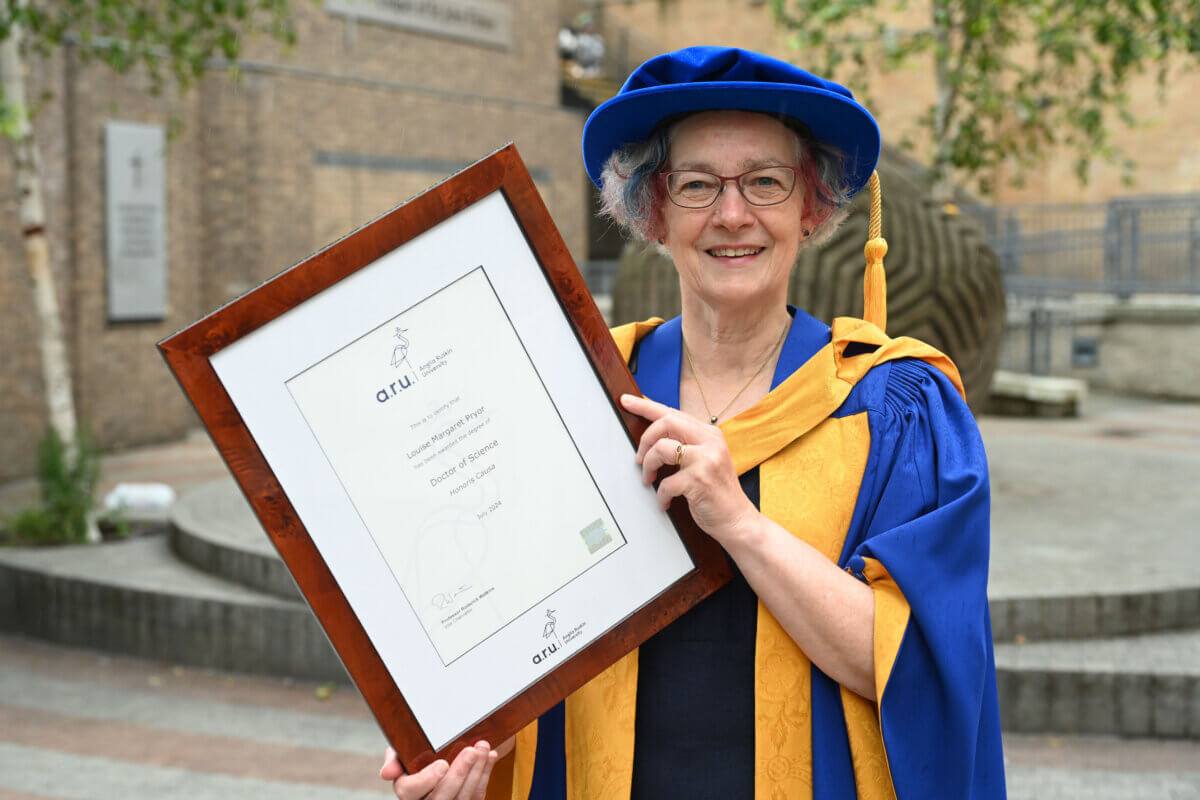Rethinking Plastic

Non-executive director Alison Vipond discusses the plastic crisis in her latest building a greener society blog.
At our Board meeting this month, we focussed on the crisis of plastic, and what we can all do about it.
Plastic has come to the fore in recent months, and quite rightly too. The BBC’s excellent Blue Planet series, brought the crisis of plastic pollution and how it is damaging our planet into our living rooms.
Here are some staggering statistics to set the scene:
- Globally, a million plastic bottles are bought every minute, with most ending up in landfill or the sea.
- More than 8 million tonnes of plastic are dumped in our oceans every year. When broken up into tiny pieces, this plastic is consumed by fish and moves up the food chain.
- Over 90% of seabirds have pieces of plastic in their stomachs and one in three species have been found entangled in marine litter.
- Marine plastic litter affects the conservation of wildlife, the safety of fisheries, tourism, sea transport and recreation.
Our beautiful blue planet is being used as a dumping ground, and this has got to change.
But global plastics production is on the rise – oil giants are investing hundreds of billions into plastics manufacturing. This has largely been fuelled by expansion in the shale gas industry, which has led to large, cheap supplies of the raw materials which are processed into the ‘ingredients’ to make plastics. At the same time, China has recently announced its decision to halt importing plastic for recycling, meaning a build-up of waste plastics in countries like the UK, which have been dependent upon China for recycling. We are in danger of reaching levels of plastic pollution which will cause near-permanent contamination of the Earth.
There is good news in the form of mounting public awareness and calls for action, and progressive policies to tackle plastic waste. Top marks to Rwanda which has a country-wide ban on the use of non-biodegradable plastic bags! We also welcome the UK water industry’s announcement that Water UK is rolling out a new national network of drinking water refill points for the public to top-up their water bottles for free, which should help reduce the number of new plastic bottles used each year. Well done also to the European Commission, for adopting its Circular Economy Package, currently proposing tougher rules to reduce waste and increase recycling. And good news that the UK Government’s recent 25 Year Environment Plan sets tackling plastic waste as a priority, working towards eliminating all avoidable waste by 2050 and all avoidable plastic by the end of 2042. These dates may seem a long way off, but by the public, government, academia and industry working together, we can move much more quickly to tackle plastic waste.
A big challenge is for industry to develop new environmentally friendly plastics, new technologies for remoulding and recycling, and innovating to create a ‘circular’ economy where resources are not thrown away, but are reused. Great advances are being made, and the UK Government’s new Industrial Strategy has clean growth as one of its foundations.
But we don’t have to wait. As members of the public, we can all make a difference, right now, by rethinking our approach to plastic. The plastic footprint calculator on the Greenpeace website is a good place to start. It provides a visual image of the plastic resulting from the bottles, cups and wrapping that we buy. I worked out my plastic footprint and got a bit of a fright. My weekly supermarket shop adds up to a scary amount of plastic. I am really rethinking my usage.
The good news is there are simple steps to cut single-use plastic waste:
- Don’t buy a plastic carrier bag, bring your own.
- Stop buying bottled water.
- Switch to getting your milk delivered in glass bottles.
- Choose cardboard or paper, or nothing, over plastic wrap and cartons.
- Search for ‘bulk refill’ stations (such as Zero Waste Home) where you can refill reusable containers with common food, laundry and cleaning products.
- Buy your fruit and veg from a grocer’s shop or stall where it isn’t wrapped in plastic, or use a box scheme.
- Leave excess packaging in the store or take it back for the retailer to deal with.
- Use a re-useable coffee cup.
At our Board meeting, we then pondered what would happen if people could see carbon dioxide in our atmosphere, in the same way we can see plastic dumped around us, on the land and in the sea. Would there be much more public pressure to reduce carbon dioxide and tackle climate change? Food for thought… and perhaps another blog.



